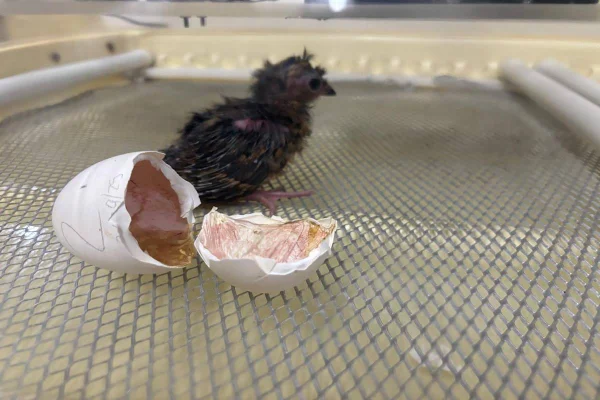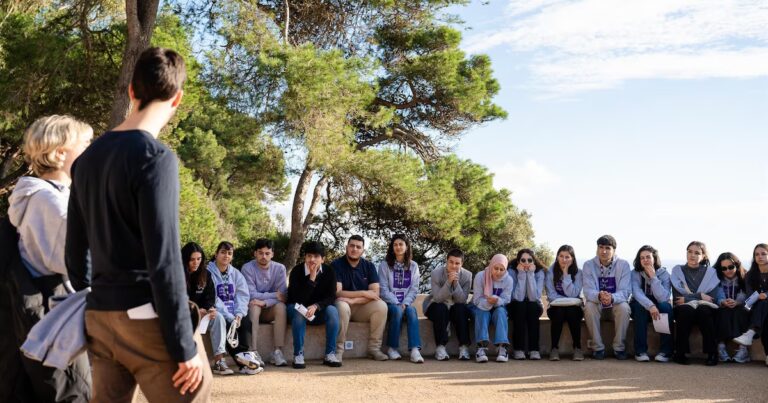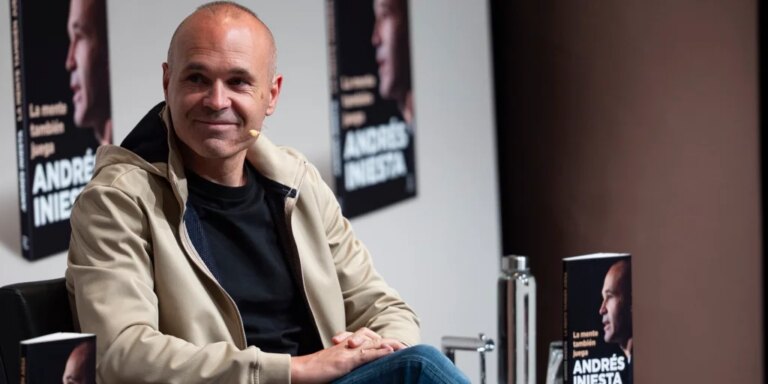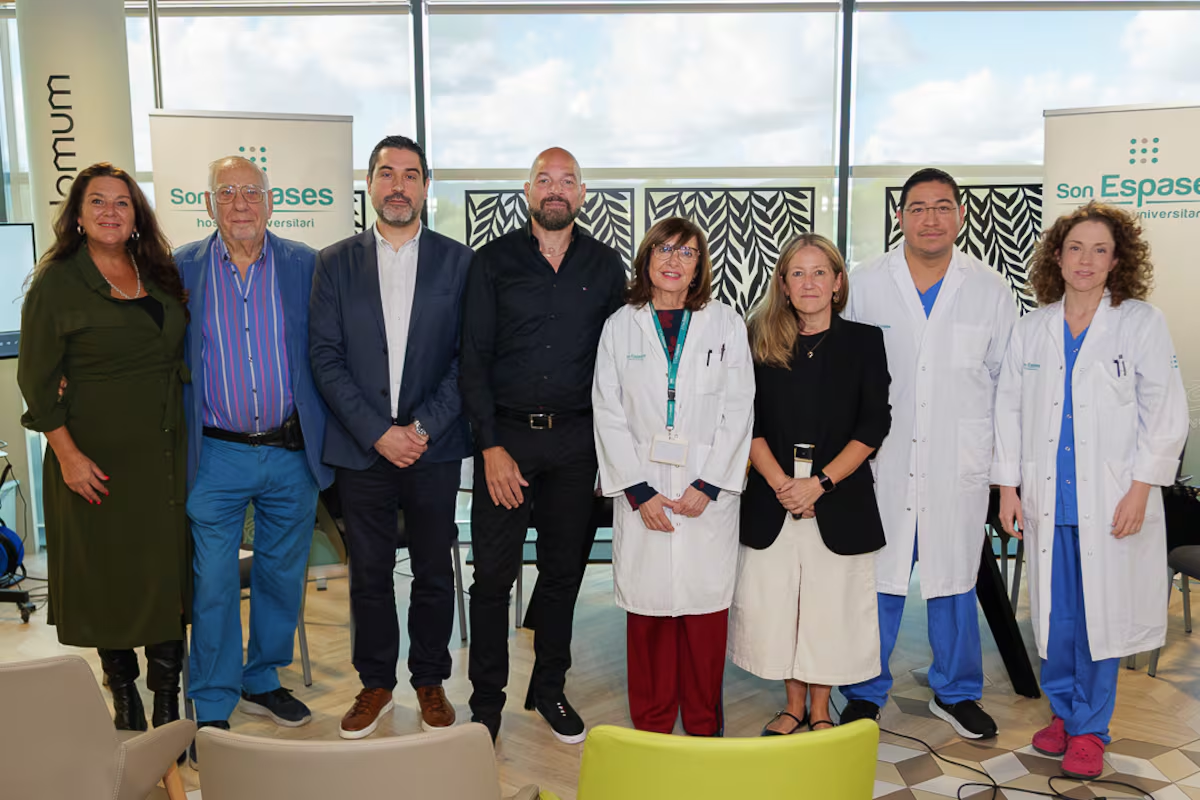
The story of Larrick Ebanks, 58, and his medical team at Parma’s Son Espace Hospital began in December 2021, when the British national living in the Balearic Islands visited the health center with severe bilateral pneumonia, which he developed after being infected with the coronavirus. His condition was so critical that the medical team agreed to put him into a coma in order to connect him to a machine that would replace the function of his lungs, which had been severely affected by the virus. Mr. Ebanks called a friend and warned him that he was going to walk by and say goodbye until he woke up again, but he didn’t know when. It lasted 82 days. He spent three months in a coma, hooked up to a machine that extracted his blood and artificially oxygenated it back into his body, giving his lungs a break to recover. This is Valerez’s patient who has been connected to this machine for the longest time.
“When I woke up from my coma and saw everyone around me and all the efforts to help me, I knew I had to do something with my life,” said Ebanks, surrounded by her medical team, family and friends, three years after being discharged from the hospital. During this time, he led a fundraising campaign that resulted in the donation of an ECMO (Extracorporeal Membrane Oxygenation) machine worth 78,650 euros to the hospital in Son Esspaces. The device joins four in operation at the center over the past month and has been installed in the intensive care unit. Much of the funding needed to acquire the equipment was donated by the Joylon Foundation, which helps children in need in the Balearic Islands, and the funds raised by Ebanks have been used through a number of solidarity events held in recent months.
Dr. Maria Teresa Millan, who examined Ebanks during her hospitalization, showed her “emotions” through the patient’s gestures. ECMO machines are described as being used in critical situations when a patient’s heart or lungs cannot function on their own. “This is a definitive treatment for patients with severe pneumonia and heart failure,” said intensive care physician José Raul Arévalo, underscoring the importance of this type of technology. This technique is also useful for pediatric patients and can be transferred to the most severe cases. The use of this device requires special equipment and is used only when remaining conventional measures fail.
Ebanks said that even three years after he was discharged from the hospital, he still suffers from the after-effects of his illness, and his lungs are being affected by the coronavirus. “Unfortunately, I am paralyzed by the law and I am in a state of Bhrvjita on the inside. In the meantime, I had problems and was discharged from the hospital for three years. Doctors say I will never get better. So I am being treated in the same condition I was in when I was discharged,” she says. Despite all this, the professional singer continues to perform and feels lucky that his life can “go on” and he can still smile.
The new team arriving at the hospital will also be able to care for pediatric patients like three-year-old Tadeo Konings, who has a rare heart condition. Segun explained to his father, Freddy, that 12 weeks after his mother’s embarrassment, the baby was diagnosed with a heart condition, forcing doctors to transfer the family to Barcelona’s São João de Déu hospital for treatment at birth. “After complications from the surgery, I am now on ECMO,” explains Fr.
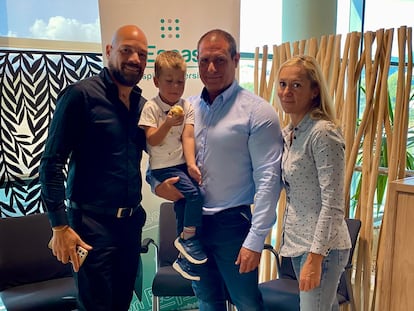
Gymnasio et eso revo a habral con el y partir la historia de su hijo, con el que han han took part in the unity of the event and the recorder des fundos. “It seemed unusual to me that in Barcelona there was an ECMO machine in Tadeo’s room, whereas in the Balearic Islands there are only four ECMO machines. So he asked Lalique to help him with what he wanted to do. And I believe he is the only one who has the opportunity to share his son’s experience. He helped me a lot to make people aware,” he explains.
Funding for the acquisition of the equipment was provided through the Joylon de Ayuda Foundation, which supports underprivileged children in the islands, and management was carried out by the foundation Idisba, which acted as an intermediary in the acquisition process, given that this type of donation to public hospitals is not very common. In the future, Son Espases will have even more resources to help patients with very serious problems whose futures are completely dependent on this machine. “I believe we are in this world to help each other,” Ebanks concluded.

